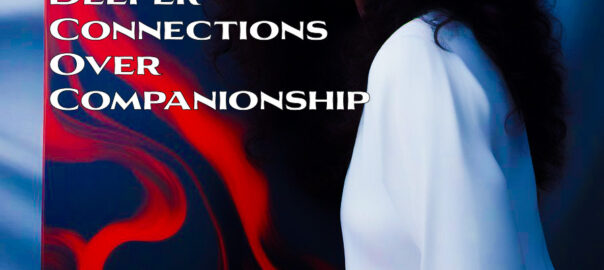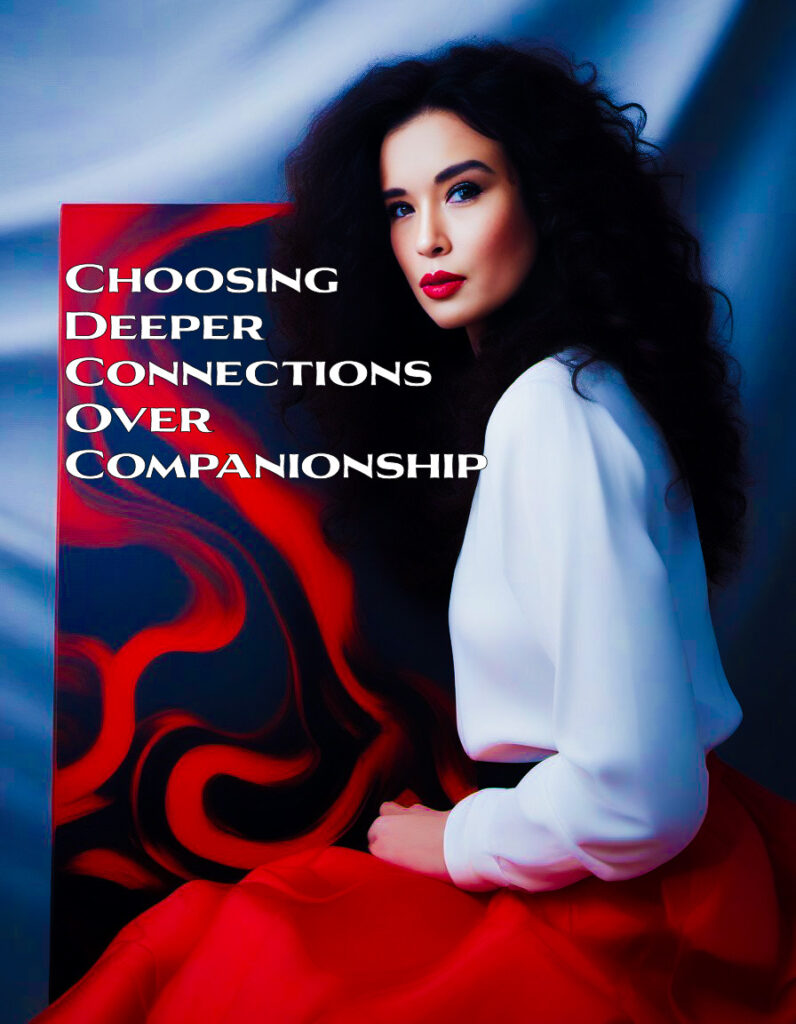Lately, I’ve realized something profound about the way I want to live my life—at least for now. For so long, my days were filled with plans, objectives, and to-do lists. I meticulously mapped out every detail of my life, from the meals I would cook to the next three years of my future. My energy was spent chasing outcomes and accomplishments. Every action had a purpose, and every moment was tied to a result.

But now, I’ve come to a different phase. I no longer crave the satisfaction of achieving something or the highs that come with completing a goal. I don’t want to feel the pressure to create, produce, or even feel euphoric about anything. I just want to exist—to experience life without expectation, without striving for a result, and without the constant need to feel something monumental.
At first, this shift was confusing and difficult to name. It felt like walking in the middle of the dark, unsure of what I was searching for or why I was even feeling this way. I wondered if I was being lazy or unmotivated, unable to label what I was experiencing. There was no clear vocabulary or framework to describe it. All I knew was that something inside me was changing.
At work, I’m still effective, organized, and goal-driven because that’s the nature of my responsibilities. But once I step through the door of my home, I long for the opposite. I want to let go of plans and agendas. I don’t want to make music or write because those things still come with an expectation of “feeling good” or achieving something creative. I don’t want to feel like I have to do anything extraordinary or meaningful. I just want peace—a state of calm that isn’t high or low, but steady and neutral.
Living without goals doesn’t mean I’m lazy or unmotivated. It means I’m giving myself the gift of being present. It means I’m learning to appreciate the quiet moments of life that don’t need to build toward anything. It’s like finding solace in simply existing, without chasing after what’s next.
This phase feels unfamiliar, even strange at times, like stepping into uncharted territory. But it’s a part of my journey. A life without goals, without expectations, is not empty—it’s freeing. It’s a space where I can breathe, let go of the need to achieve, and finally find rest.


